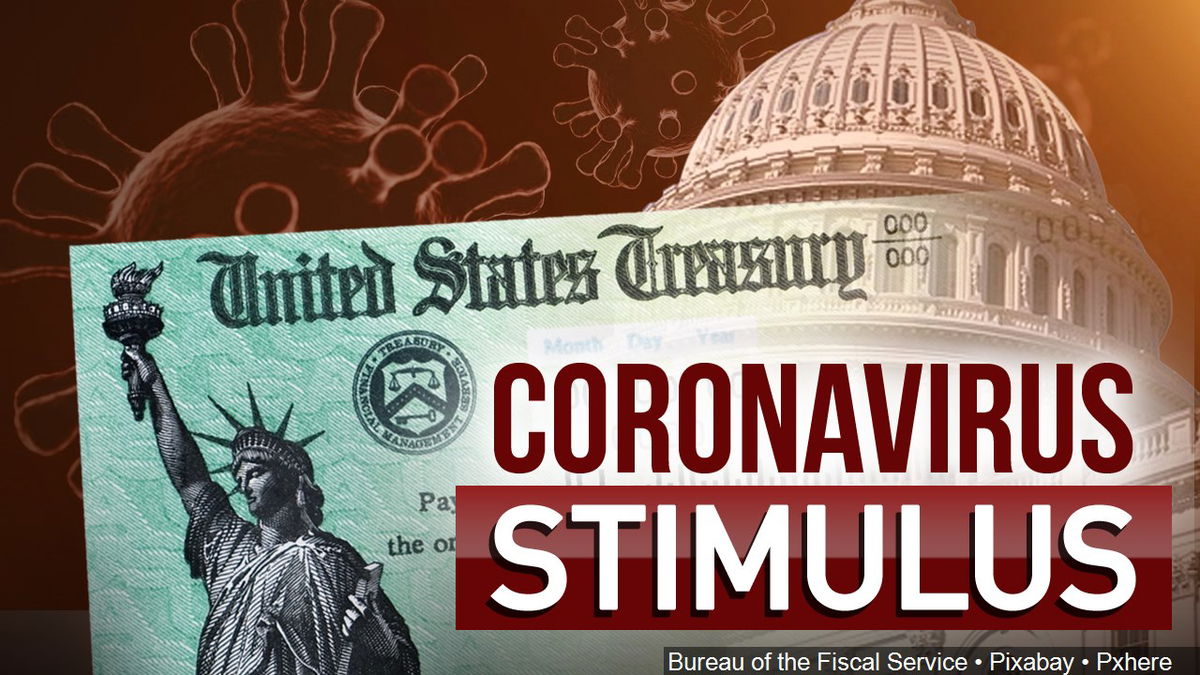Congress passes $900 billion in Covid-19 relief as part of catchall spending bill

WASHINGTON, DC — Congress has easily passed a $900 billion pandemic relief package.
It promises to deliver long-sought cash to businesses and individuals and resources to vaccinate a nation confronting a frightening surge in Covid-19 cases and deaths.
Lawmakers tacked on a $1.4 trillion catchall spending bill and thousands of pages of other end-of-session business to create a massive bundle of bipartisan legislation.
The bill passed both the U.S. House and Senate in rapid succession Monday night and has been sent to President Donald Trump; the White House has signaled he will sign it.
The Senate approved the bill by a vote of 92 to 6; the House vote was 359-53.
This relief bill includes $600 direct payments to most Americans, $300 in enhanced unemployment benefits, $300 billion for the small business loan program, and much more.
U.S. Treasury Secretary Steve Mnuchin said that Americans who qualify for $600 direct payments under the legislation should expect to see money direct deposited into their accounts as early as next week.
Here is a summary of key provisions of the legislation, as provided by Democratic and GOP congressional leadership:
- Direct payment checks of up to $600 per adult and child
- Aid for struggling small businesses, including more than $284 billion for forgivable Paycheck Protection Program loans and $15 billion "in dedicated funding for live venues, independent movie theaters, and cultural institutions"
- $300 per week for enhanced unemployment insurance benefits
- $20 billion to buy vaccines and make "the vaccine available at no charge for anyone who needs it" and $8 billion for vaccine distribution
- $20 billion for coronavirus testing efforts
- $25 billion for rental assistance and an eviction moratorium extension
- $82 billion for education providers like schools and colleges, including aid to help reopen classrooms safely and $10 billion for child care assistance
- The deal will rescind "$429 billion in unused funds provided by the CARES Act for the Federal Reserve's emergency lending facilities"
- $13 billion in increased Supplemental Nutrition Assistance Program and child nutrition benefits
- $7 billion to bolster broadband access to help Americans connect remotely during the pandemic
- $45 billion to support transportation services, including $2 billion for airports, $1 billion for Amtrak and $16 billion for "another round of airline employee and contractor payroll support"
- A tax credit "to support employers offering paid sick leave"
